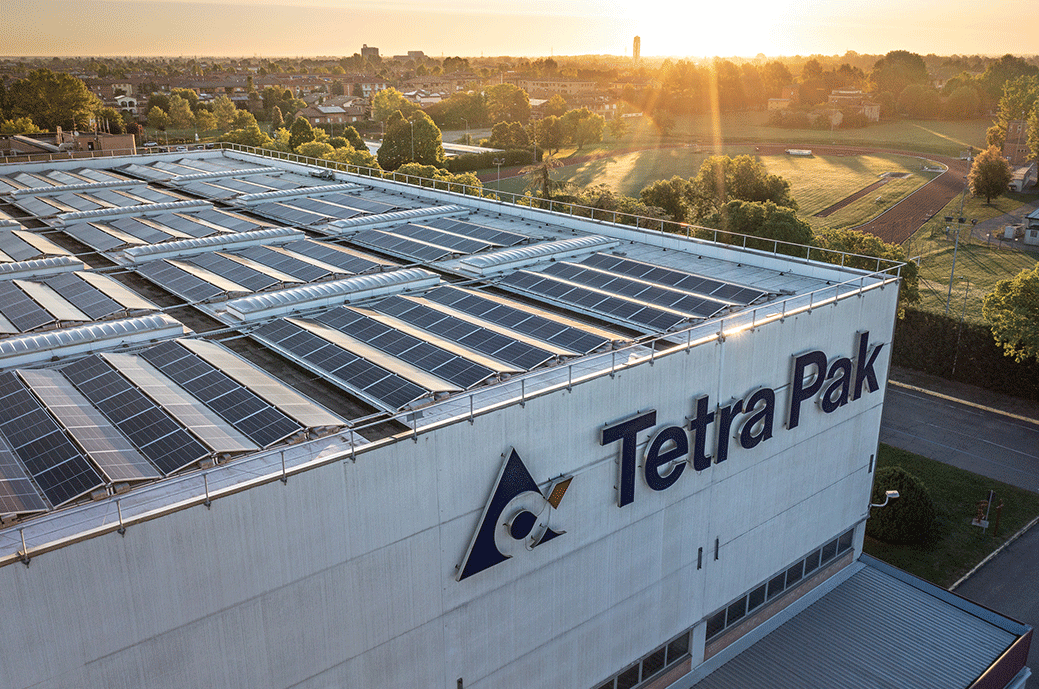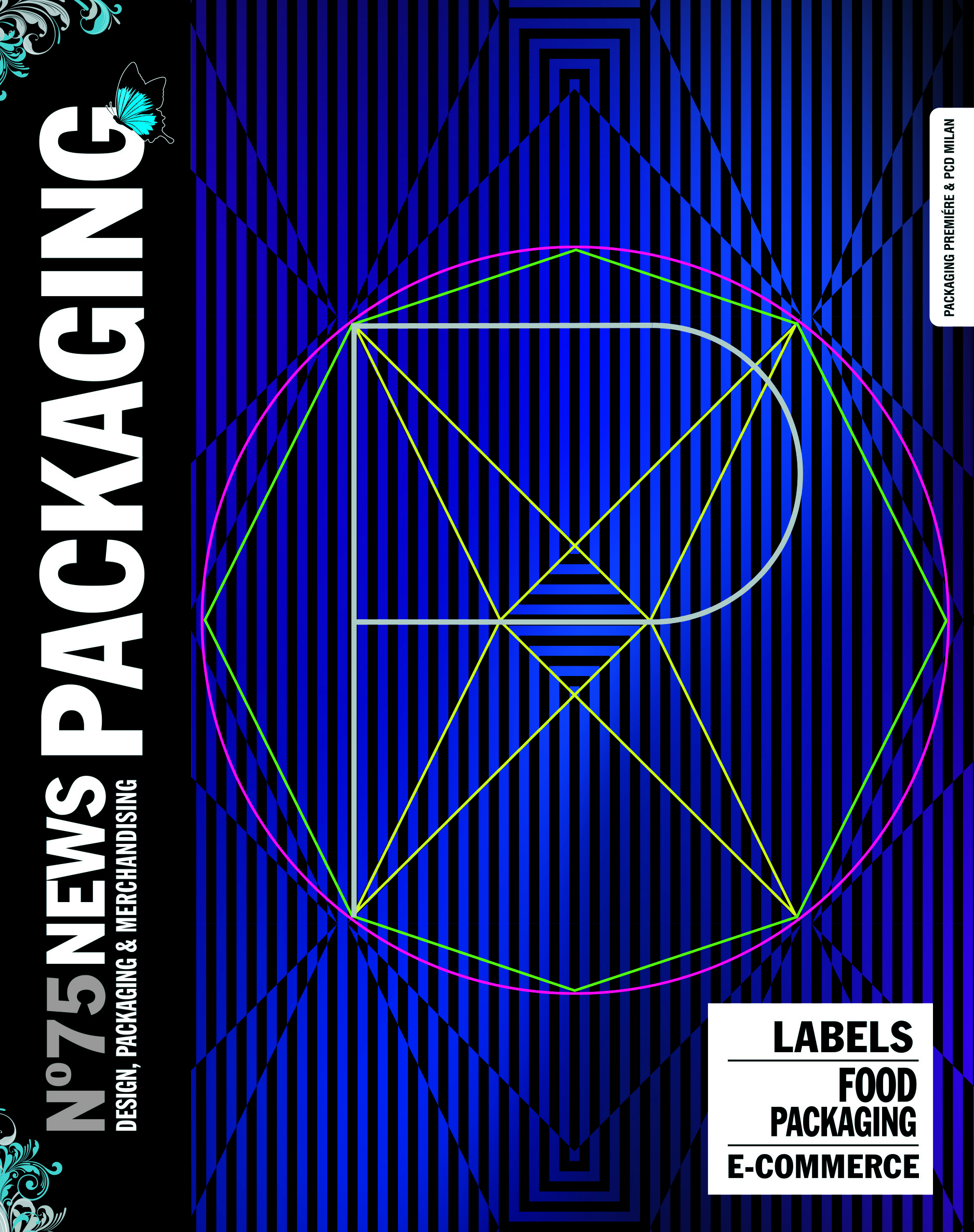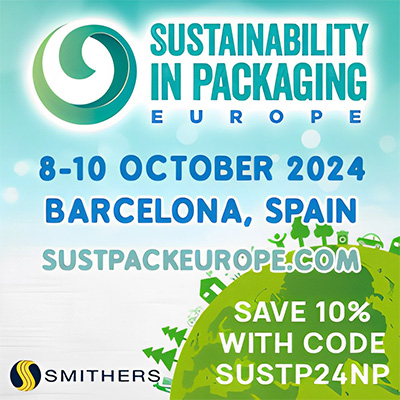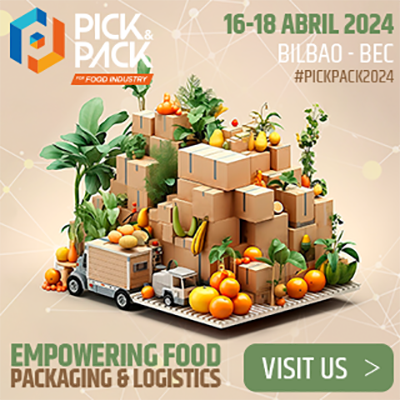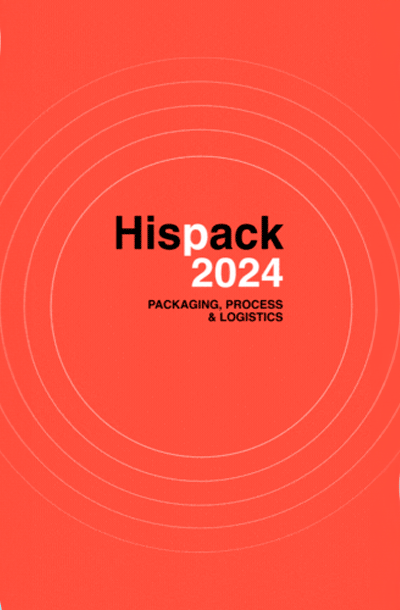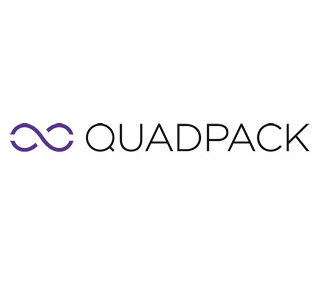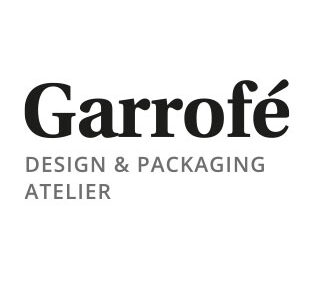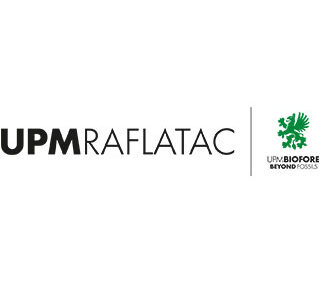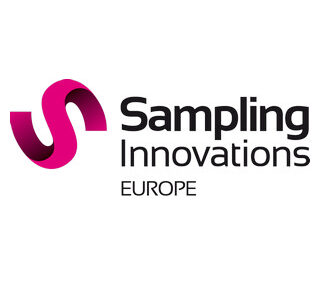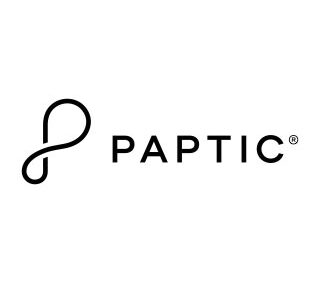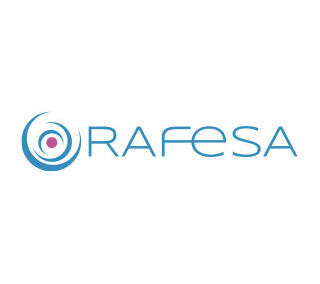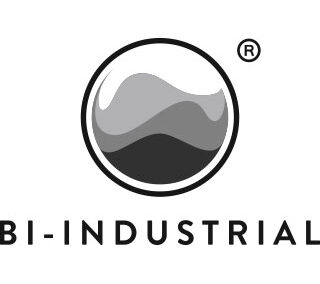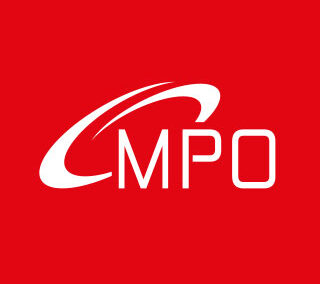Tetra pak has published his Sustainability report highlighting the advances and progress the company has made in the last year and detailing the actions it has taken to help achieve a more resilient and sustainable food system around the world.
Adolfo Oliver, President and CEO of Tetra Pak, states: “Sustainability is not only on the agenda, sustainability is THE agenda. …/… Our ambition is to lead the sustainability transformation within our industry. In this sense, the initiatives that we have carried out in recent months have been worked on together with our clients and partners, to also support their own efforts. Today, the cost of inaction on sustainability is a world we won't recognize tomorrow. Our progress depends on us being able to adopt a mindset that drives both growth and sustainability for a better future.”
Among the key points of Tetra Pak's 23rd Sustainability Report, it highlights that, during 2021, a 36% reduction in greenhouse gas emissions with 80% of the electricity for its operations coming from renewable sources, doubling the solar power capacity to 5,55MW. In Spain, the Arganda del Rey packaging material factory and the Seville cap factory are supplied with 100% renewable electricity.
In 2021 they have been sold 17.600 billion containers of plant origin and 10.800 billion caps of plant origin around the world, which has saved 96 kilotons of CO2 compared to fossil-based plastic. Currently, in our country more than 30% of the containers that are marketed incorporate plastic of vegetable origin to replace that of fossil origin.
have been invested 40 million euros to continue supporting collection and recycling 50.000 million cartons for beverages, thus contributing to a circular economy. In 2021 in Spain, 6.935 more tons of cardboard containers for beverages were collected compared to the previous year, which represents a growth of 7%.
In terms of innovation, the commercial validation of a layer based on vegetable polymers to replace the aluminum layer of aseptic containers has been successfully completed. Besides, already tests have begun on a new barrier based on paper fiber, a novelty in cardboard packaging for liquid foods that are distributed under ambient conditions.
In partnership with Elvir, a subsidiary of the world's leading milk processor, Savencia Fromage & Dairy, Tetra Pak has become the first manufacturer of carton packs for the food and beverage industry to launch a cap that uses attributed recycled polymers.
Since the beginning of 2022, a pioneering forest restoration initiative in Brazil, in collaboration with the local NGO Apremavi, whose objective is to restore up to 7.000 hectares before 2030 to recover biodiversity, capture carbon dioxide and mitigate climate change.
As a future goal, Tetra Pak has committed to halve food waste, water consumption and carbon footprint of its process lines by 2030.
Finally, Tetra Pak has partnered with a number of innovative companies to transform potential food waste into nutritious food sources, as well as to develop alternative protein-based food applications. In addition to the potential to reduce carbon footprint, alternative proteins offer the potential to significantly reduce land and water use, compared to traditional sources.

